Oh to be an electric car maker. “If you want to be loved and have rocks thrown at you simultaneously, you’ve got it. There’s virtually nobody without an opinion. We’re not lacking love or hate. Anyone would think what I’m trying to do is genocidal.”
In fact, all that Lucid Motors’ Peter Rawlinson has been trying to do is make the most efficient cars in the world, which if executed correctly could make them the best.
While Lucid makes electric cars and is therefore called an electric car maker alongside any number of wannabe Tesla rivals, spend any length of time with Rawlinson – formerly of Tesla himself – and you realise that Lucid is very different to any other company out there.
We spoke to him when he was in his long-held position as CEO, but this week it was announced he had resigned to take a new strategic advisory technical role on the board. Regardless of how the company might change day to day under a new CEO, though, Lucid isn’t about to change course on its technology or how it makes cars.
While Lucid’s peers are mainly using the switch to EVs as a way to ultimately reduce emissions, it sees EVs as the opportunity for a better car, period. Rawlinson highlights just how misguided so much EV development has been and reframes just how EVs should be viewed, starting with the most important part of all: efficiency.
“You can achieve range effectively in two ways,” he says. “One is battery size and one is efficiency.” Rawlinson can’t fathom why efficiency is so fundamentally misunderstood and underestimated in the EV lexicon. “Not only by making a car more efficient is it using less of the world’s energy, it’s also using less battery resources and minerals,” he says.
As the battery is the biggest cost item of an EV, this will lead to lower EV prices in the future, too. “It’s only really Lucid that’s taking this pioneering approach,” claims Rawlinson.
“The Lucid Air Pure [saloon] is literally the world’s most energy-efficient car. It uses less fuel to go from A to B, whatever your fuel is, than any mass-production car ever in the 130-year history of the car. No one else is even close to this in terms of how advanced their technology is.”
The technology that Rawlinson refers to in getting this remarkable efficiency – which has been independently validated by US legislators – is a proprietary design that contains the electric motor and inverter in the same downsized unit.
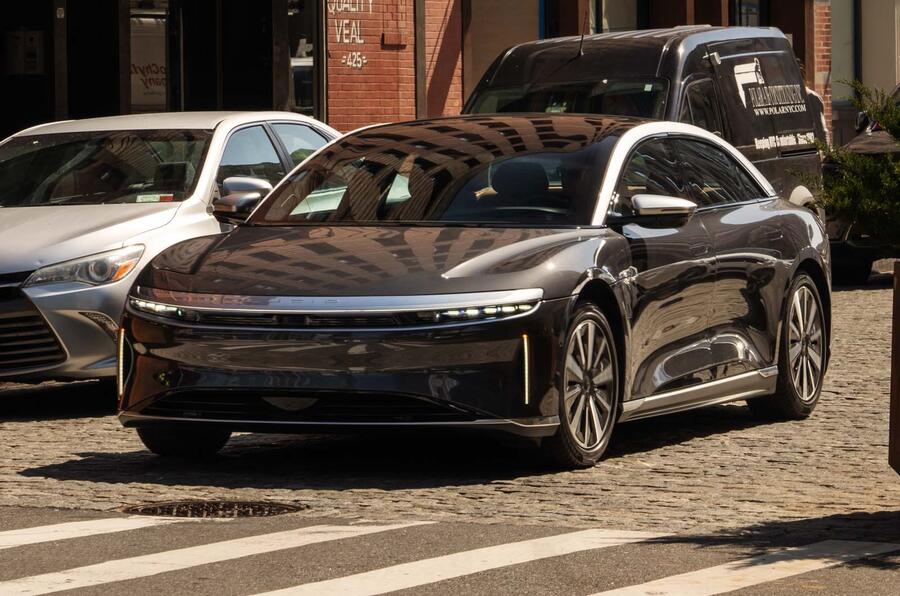


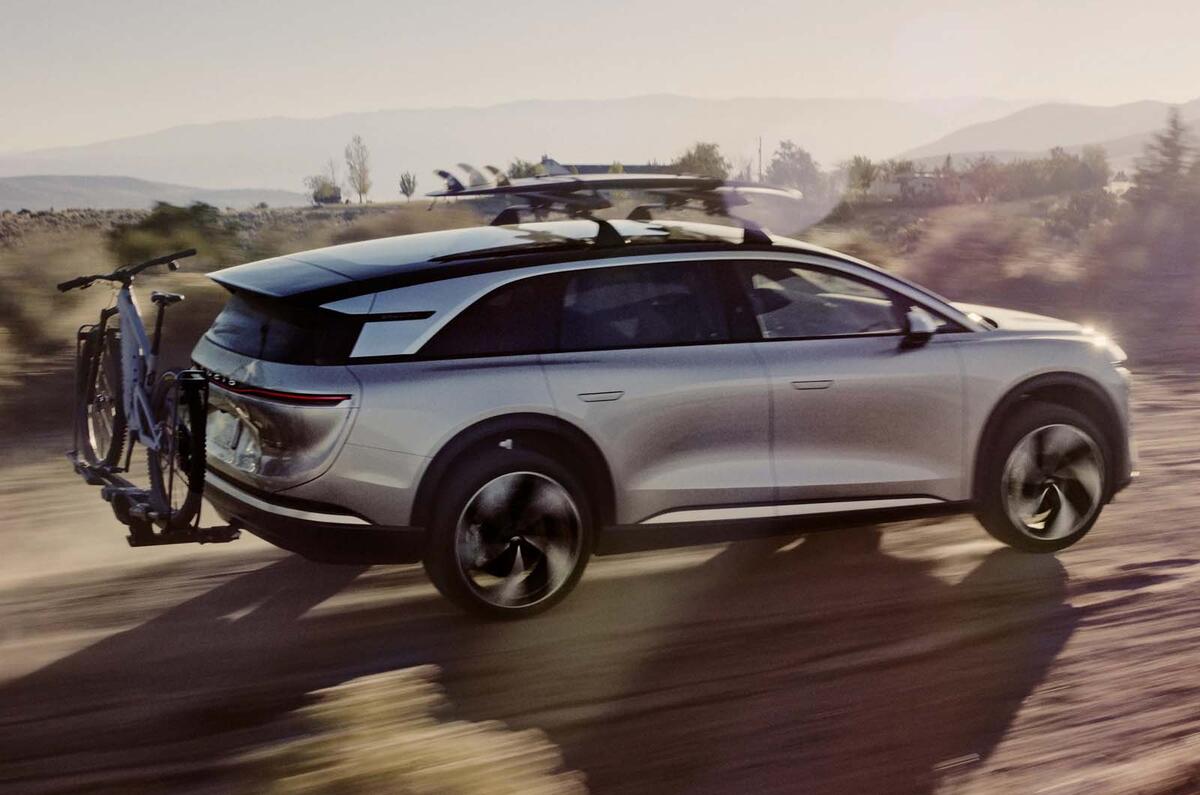
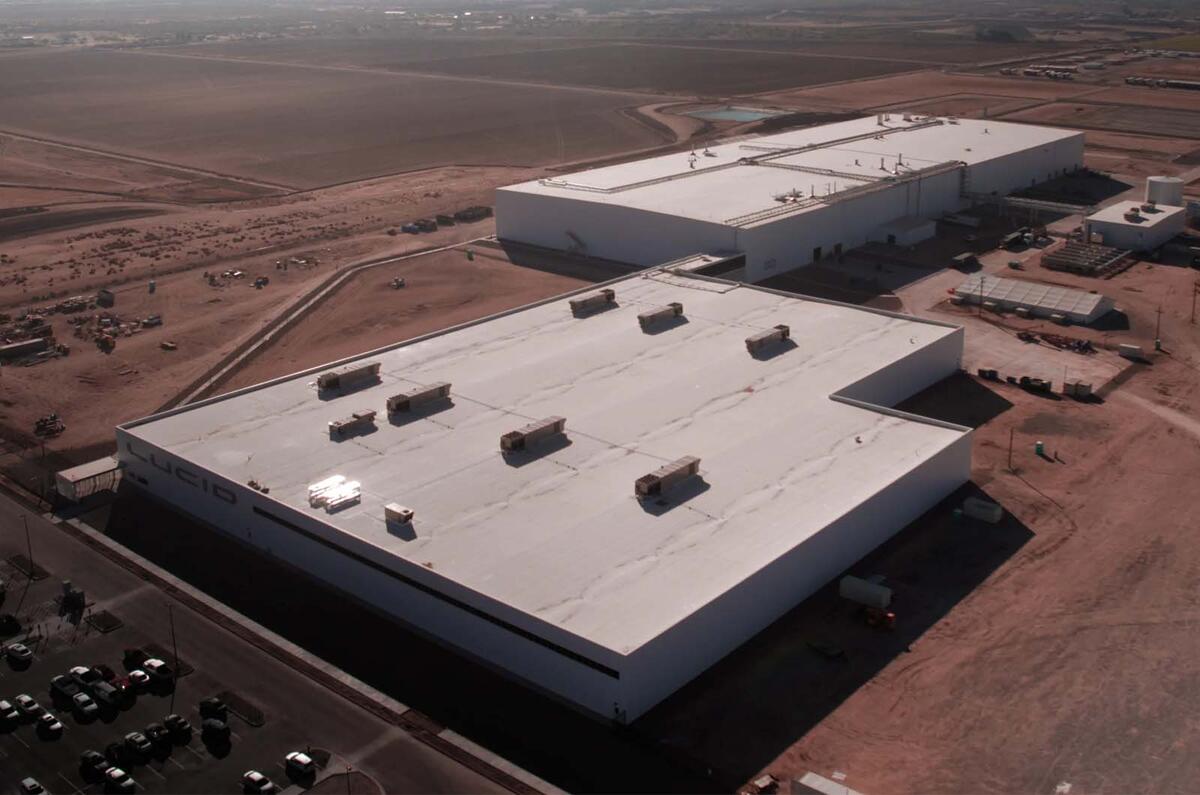
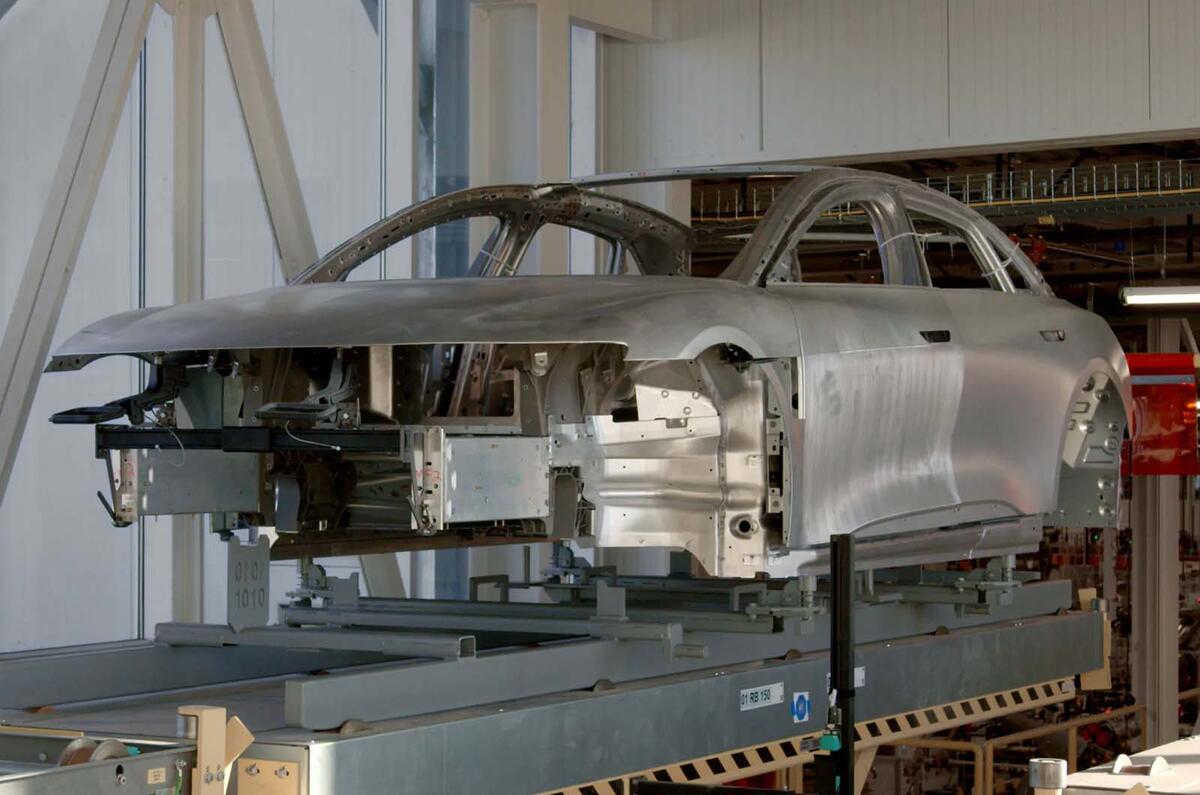
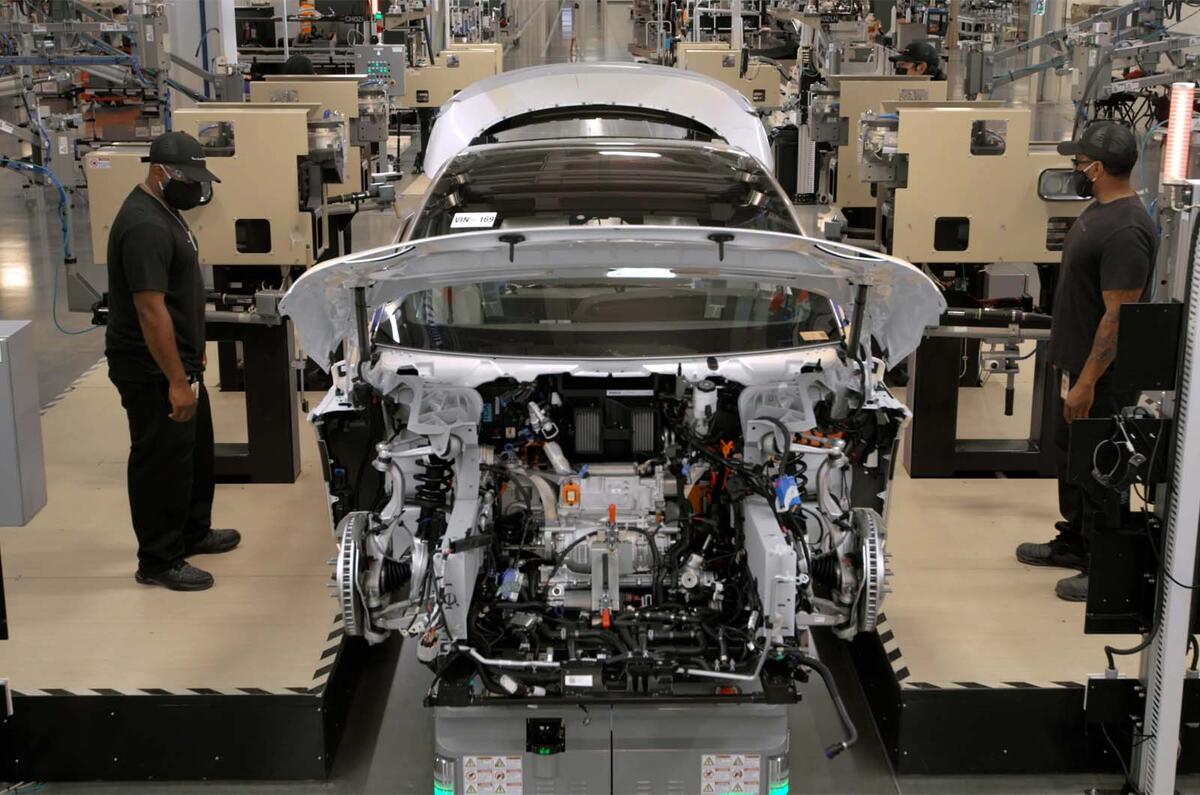
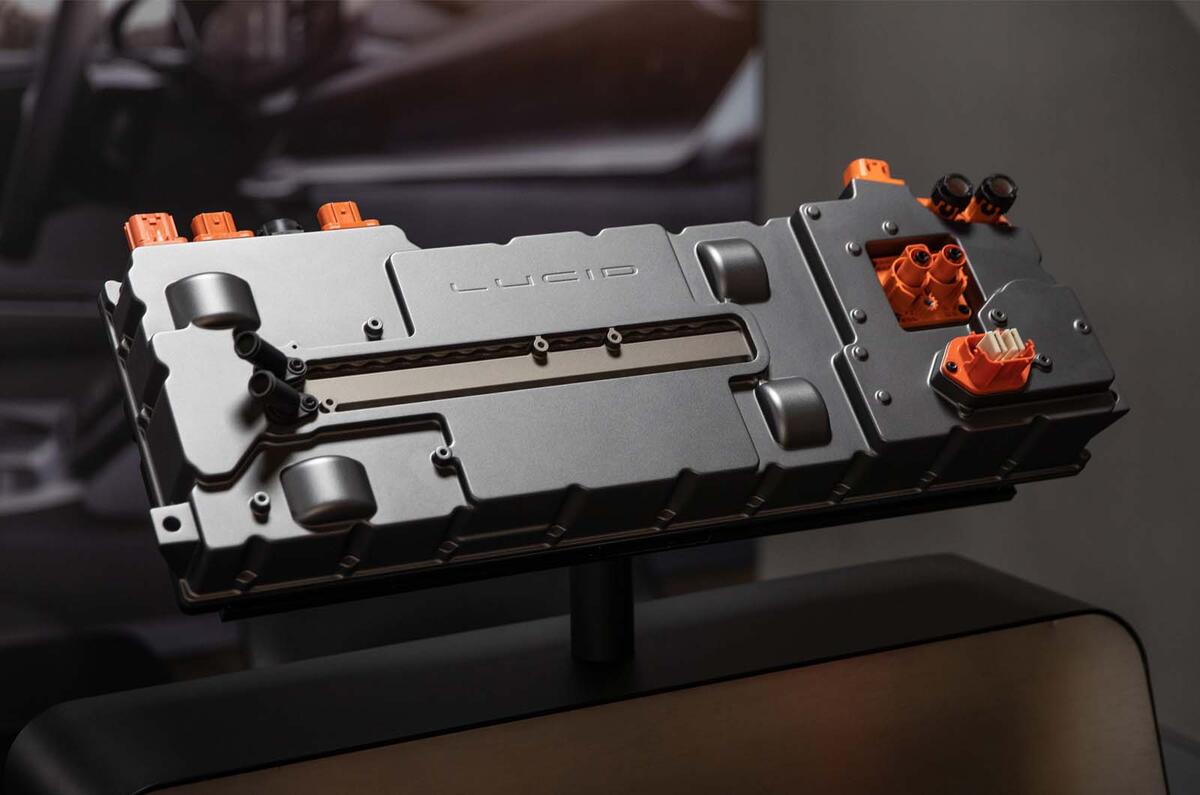
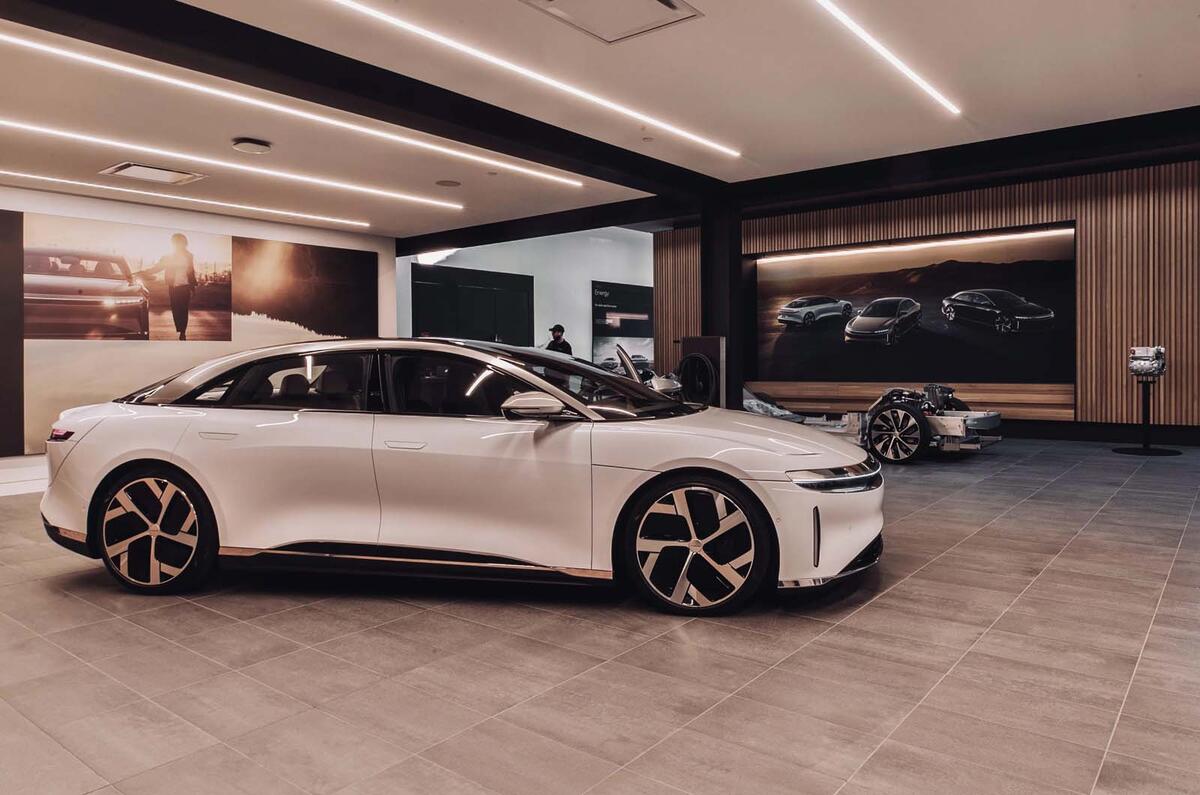
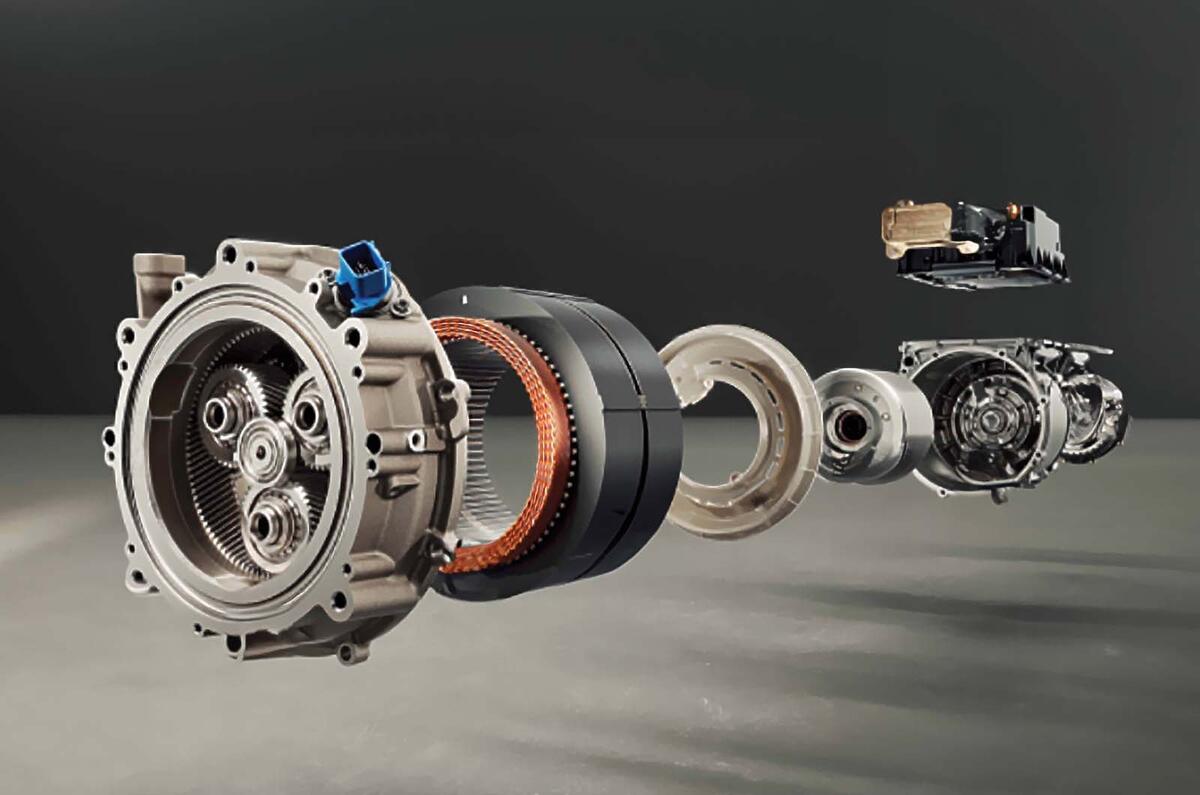
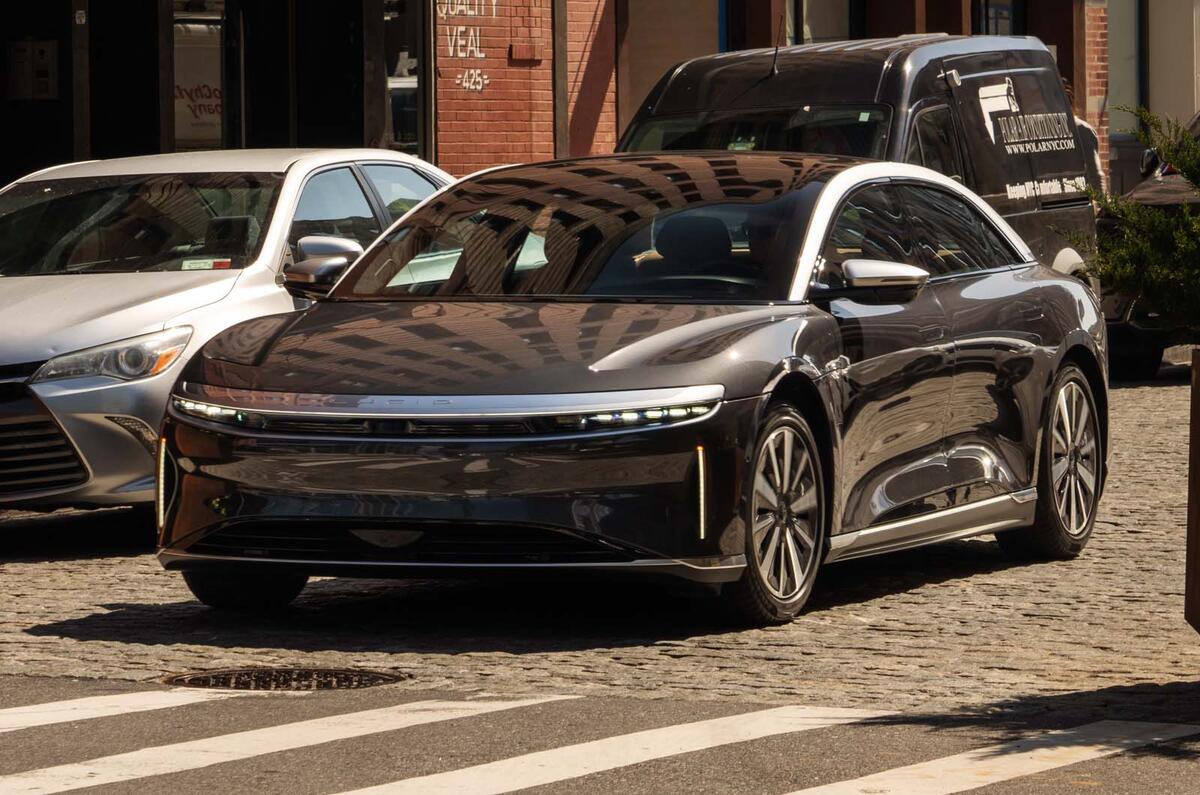

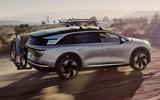
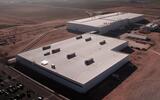
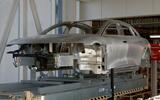
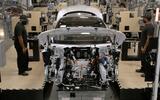
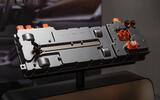
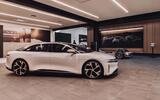
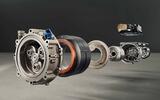
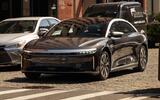

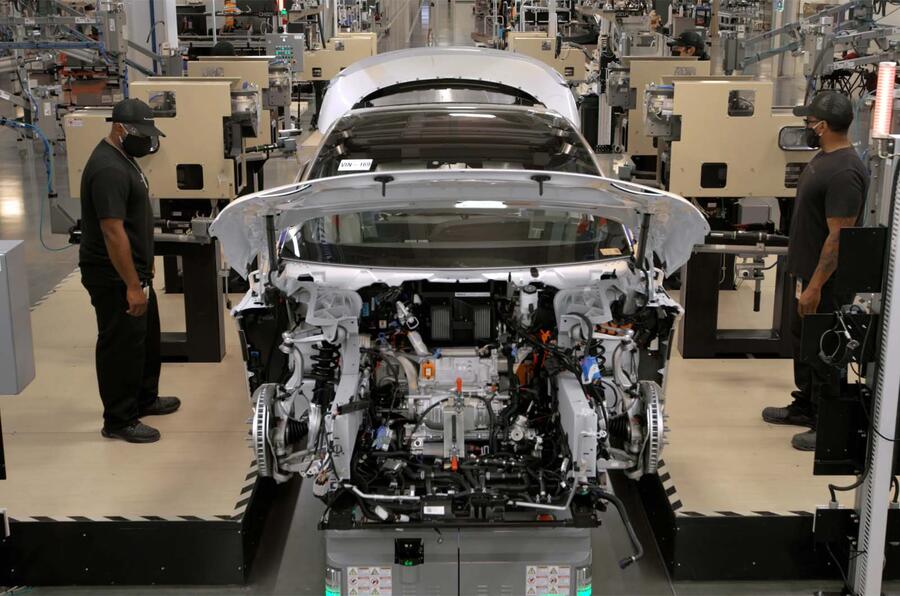






Join the debate
Add your comment
Where are the EVs that replace the best selling cars of the last 20 years - Fiesta, Polo, and the like?
I take it you were paid for this nonsense. Back in the real world I drove my wife's frozen solid (when I set off) 2023 dual motor model 3, up hill and down dale on an 80 mile round trip a speeds of between 50and 79 mph across Cumbria to pick up friends from Penrith today, 4.5miles per kWh... hmmmm the real world efficiency champ is Tesla.Obviously our 2023 dual motor is no where as efficient as the new Model3 long range.
The obsession with making, selling and buying those ugly cuckovers and SUVs is the biggest problem with the inefficiency of EVs. We'd have lighter, better handling cars with better range if they just made them lower.